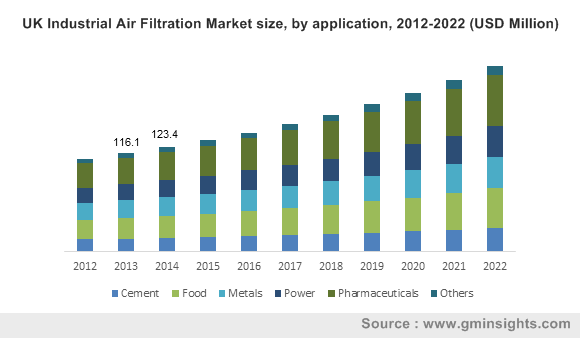When it comes to your heat pump, the weather can be a silent influencer, forming its performance in methods you could not have actually taken into consideration. From freezing temperatures to scorching heat, each element has a special effect on exactly how successfully your heat pump runs. However stress not, there are actions you can require to guarantee your system is going for its finest despite the weather. So, what can you do to adjust and optimize your heat pump's performance? Allow's discover the subtle dancing in between climate and your heatpump's effectiveness.
Impact of Weather Condition on Heatpump Effectiveness
When it pertains to the efficiency of your heat pump, climate plays a vital function. The performance of your heatpump can be significantly influenced by different climate condition.
For example, during chillier months, when temperature levels drop below freezing, your heat pump needs to function tougher to extract warmth from the outside air. This can result in reduced efficiency and boosted power consumption.
In a similar way, in very hot weather, your heat pump may have a hard time to properly cool your home, once again impacting its efficiency.
In addition to temperature, moisture levels can also affect just how well your heat pump runs. High moisture can make it harder for your heatpump to get rid of dampness from the air, decreasing its general effectiveness. On the other hand, low humidity levels can cause your heatpump to function more difficult to maintain a comfortable temperature inside.
Recognizing just how weather affects your heatpump's effectiveness can assist you make informed decisions concerning its upkeep and procedure. By recognizing these factors, you can take steps to maximize your heatpump's performance and ensure it runs at its best regardless of the weather.
Tips to Maximize Heatpump Efficiency
To boost your heatpump's effectiveness and efficiency, executing a couple of crucial techniques can make a considerable difference.
First, guarantee correct air movement by regularly cleaning up or changing air filters. Blocked filters restrict air flow, forcing the system to function harder.
Secondly, schedule annual expert upkeep to keep your heatpump running smoothly. Specialists can determine and repair any concerns before they intensify, improving total efficiency.
Additionally, think about mounting a programmable thermostat to control your home's temperature level effectively. This allows you to adjust settings based on your routine, avoiding unnecessary energy intake.
Additionally, secure any type of spaces or leaks in your home's ductwork to prevent warm loss and ensure optimum airflow.
Lastly, keep the location around your heat pump free from debris and vegetation to maintain unrestricted air movement.
Weather Condition Factors To Consider for Heatpump Upkeep
Taking into consideration the impact of weather condition on your heatpump's performance is critical for efficient maintenance. mouse click the up coming internet site can stress your heat pump, bring about damage on its components.
During hot weather, make sure proper airflow around the outdoor unit by getting rid of particles and plants. In house ventilation system , consistently thaw the system to stop ice accumulation. Hefty rainfall and storms can cause flooding, so boost the system if possible or set up a safety cover. Additionally, strong winds can flex fins and influence the heatpump's effectiveness, so evaluate and align them as required.
Frequently check for any debris embeded the unit and remove it promptly. Conduct maintenance checks after extreme climate events to assess any type of damage and guarantee everything is working appropriately. By staying watchful and resolving weather-related concerns immediately, you can prolong the life of your heat pump and preserve its efficiency.
Conclusion
In conclusion, understanding how weather condition influences your heat pump efficiency is key to maximizing its effectiveness. By following basic steps like normal maintenance, filter cleaning, and correct air flow, you can ensure your heat pump runs at its best in any type of weather. Do not let the elements impede your system's performance - take control and keep your home comfy year-round.
